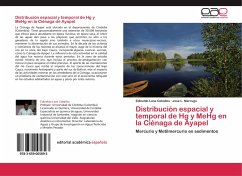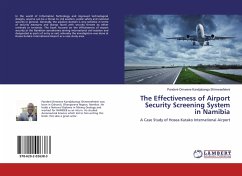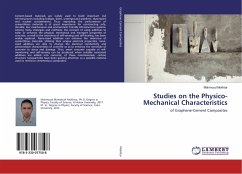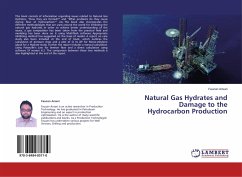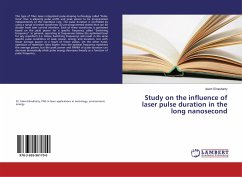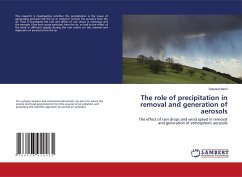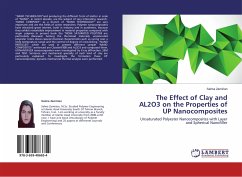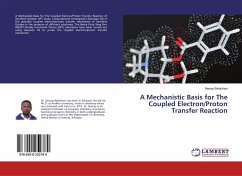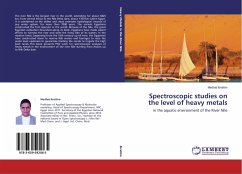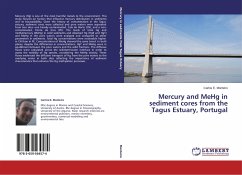
Mercury and MeHg in sediment cores from the Tagus Estuary, Portugal
Versandkostenfrei!
Versandfertig in 6-10 Tagen
33,99 €
inkl. MwSt.

PAYBACK Punkte
17 °P sammeln!
Mercury (Hg) is one of the most harmful metals to the environment. This study focuses on factors that influence mercury distribution in sediments and its bioavailability. Given the history of contamination in the Tagus estuary, sediment cores were collected and pore waters were separated from two sites: one heavily contaminated, Cala do Norte (CN), and a non-contaminated, Ponta da Erva (PE). The levels of total Hg and methylmercury (MeHg) in solid sediments and dissolved Hg (HgR and HgT) and MeHg in the pore waters were analyzed and compared to other parameters in sediments. Total Hg concentra...
Mercury (Hg) is one of the most harmful metals to the environment. This study focuses on factors that influence mercury distribution in sediments and its bioavailability. Given the history of contamination in the Tagus estuary, sediment cores were collected and pore waters were separated from two sites: one heavily contaminated, Cala do Norte (CN), and a non-contaminated, Ponta da Erva (PE). The levels of total Hg and methylmercury (MeHg) in solid sediments and dissolved Hg (HgR and HgT) and MeHg in the pore waters were analyzed and compared to other parameters in sediments. Total Hg concentrations were noticeable higher in CN than in PE. Concentrations of MeHg showed the same trend. In both places, despite the differences in concentrations, HgT and MeHg were in equilibrium between the pore waters and the solid fractions. The diffusive fluxes were calculated across the sediment/water interface in order to assess the mobility of Hg species, considering the MeHg toxicity. These fluxes evidenced the diffusive transport of Hg from the pore waters to the overlying water in both sites reflecting the importance of sediment characteristics that enhance the Hg methylation processes.



